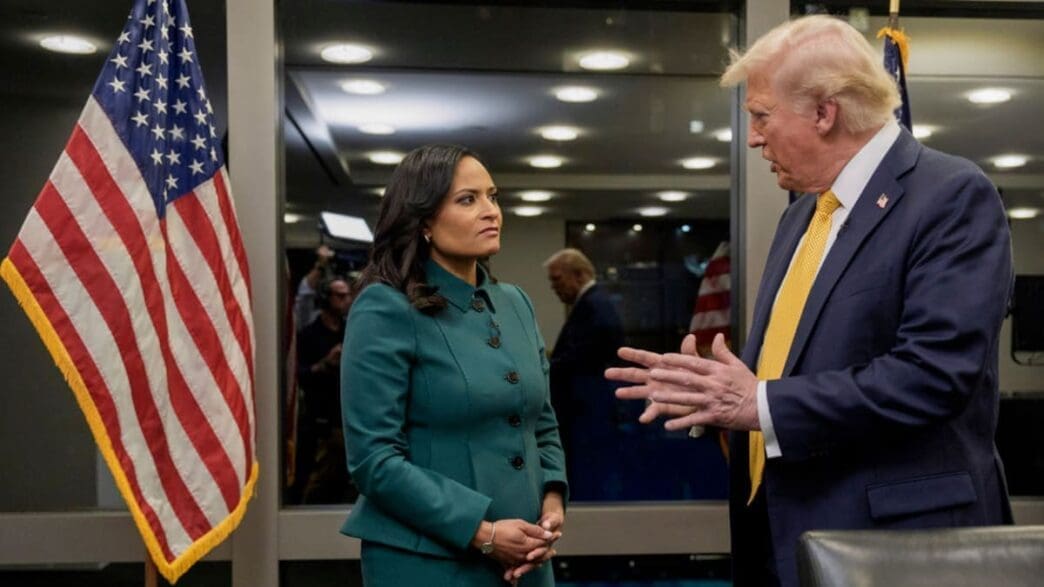In a recent interview on NBC’s “Meet the Press,” former President Donald Trump discussed his intentions to eliminate birthright citizenship, impose tariffs on trade partners, and address immigration issues. These declarations, however, were accompanied by several misleading claims.
During the interview, Trump highlighted his aspiration to end birthright citizenship, whereby citizenship is granted to anyone born in the United States. He acknowledged this shift might necessitate a constitutional amendment. While he expressed a desire to enact this change on his first day as president, the complexity of such an action means it may require a public referendum.
Trump also discussed his approach to mass deportations, stating he would begin with individuals convicted of crimes. Additionally, he referred to “Dreamers,” those brought to the U.S. illegally as minors, suggesting a need to find a way to allow them to remain legally. Despite his emphasis on strict immigration protocols, Trump guaranteed that any changes would consider the status of these young people, a group often associated with the DREAM Act, which has yet to gain congressional approval.
[twitter-embed-display twitter_url=’https://twitter.com/GasBuddyGuy/status/1861781757311266961′]
On the subject of the Capitol riot on January 6, 2021, Trump claimed that members of the House committee investigating the events committed a major crime and advocated for their incarceration. When questioned about pardoning those convicted of crimes related to January 6, Trump hinted at the possibility, stating, “We’re looking at it right now. Most likely, yeah.”
Trump’s assertion that tariffs “cost Americans nothing” was found to be false. Economic experts widely dispute this claim, with surveys showing that tariffs typically reduce economic welfare by raising prices for consumers in the country imposing them. This increment in prices results in a decreased purchasing power for American consumers, ultimately impacting the economy negatively. A detailed analysis suggests that tariffs could potentially raise the prices of groceries, gas, and construction materials due to America’s reliance on imports from countries like Mexico and Canada.
Trump made other dubious claims, such as blaming current inflation entirely on the Biden administration. While it’s true that inflation rose during Biden’s tenure, the phenomenon was already taking shape in response to economic recovery following COVID-19 lockdowns. Trump’s narrative that Biden’s policies solely triggered inflation overlooks factors like supply chain shortages and global energy disruptions stemming from Russia’s invasion of Ukraine.
Another false claim was that the U.S. allowed in 13,099 murderers within a three-year span during Biden’s term. This figure was clarified by the Immigration and Customs Enforcement agency, indicating it spans many years and includes periods before Biden’s presidency. Additionally, the assertion that birthright citizenship is unique to the United States was proven incorrect as more than 30 countries, including Canada and several in the Americas, also offer this right.
Finally, Trump described “Obamacare” as “lousy health care,” a view not universally shared. Surveys show substantial satisfaction among users of plans under the Affordable Care Act, with a significant majority rating their coverage as either “good” or “excellent.” Likewise, his claim that crime rates have peaked is misleading, as federal data shows that violent crime rates are substantially lower now compared to the early 1990s.
In summary, Donald Trump’s interview contained multiple inaccuracies, ranging from economic assertions to immigration statistics. This underlines the importance of rigorous fact-checking in public discourse to ensure clarity and truthfulness.
Source: Nbcmiami – Twitter







